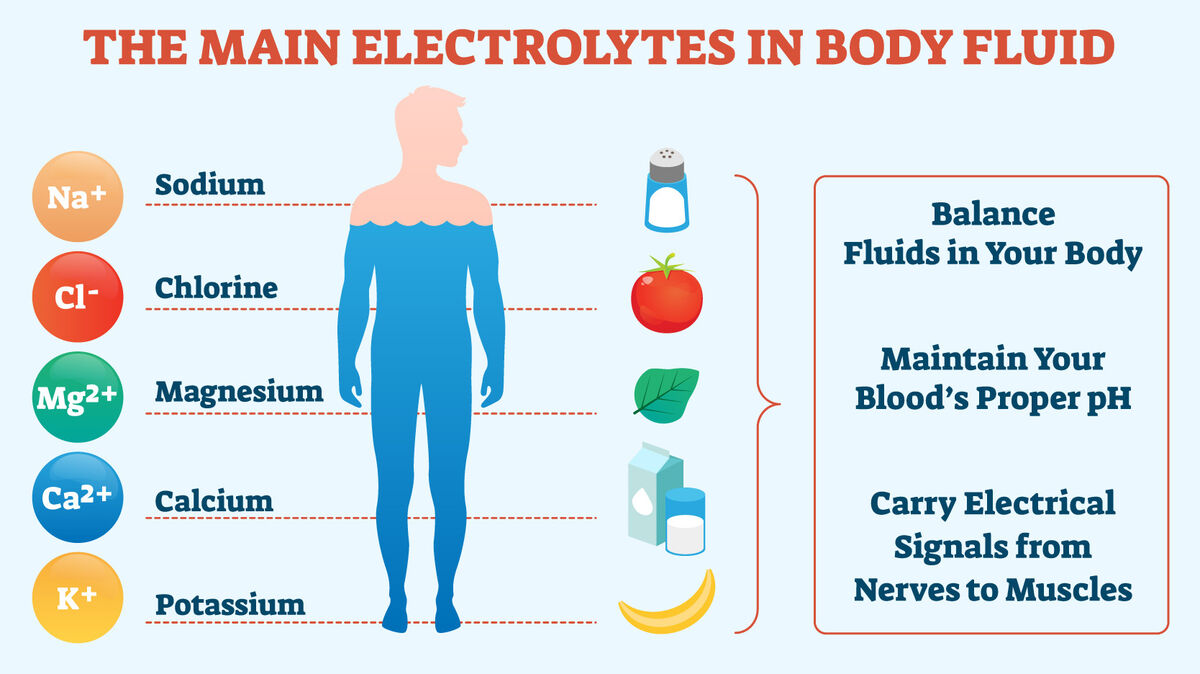Many of the clinical manifestations for acute stress are attributed to activation of the sympathetic nervous system and are mediated by:
Norepinephrine
Cortisol
ACTH
Glucagon
The Correct Answer is A
Choice A Reason:
Norepinephrine is a key neurotransmitter released by the sympathetic nervous system during the “fight-or-flight” response. It plays a crucial role in preparing the body to respond to stress by increasing heart rate, blood pressure, and blood flow to muscles, as well as dilating the airways. These physiological changes are essential for coping with acute stress.
Choice B Reason:
Cortisol is a hormone released by the adrenal glands in response to stress, but it is primarily associated with the hypothalamic-pituitary-adrenal (HPA) axis rather than the sympathetic nervous system. While cortisol contributes to the body’s overall stress response by increasing blood sugar levels and suppressing the immune system, it is not the primary mediator of the acute “fight-or-flight” response.
Choice C Reason:
ACTH (adrenocorticotropic hormone) is a hormone produced by the pituitary gland that stimulates the adrenal glands to release cortisol. It is part of the HPA axis and plays a role in the body’s long-term stress response, but it is not directly involved in the immediate activation of the sympathetic nervous system.
Choice D Reason:
Glucagon is a hormone produced by the pancreas that raises blood glucose levels by promoting the breakdown of glycogen to glucose in the liver. While it can be involved in the body’s response to stress by ensuring an adequate supply of glucose, it is not a primary mediator of the acute stress response mediated by the sympathetic nervous system.
Nursing Test Bank
Naxlex Comprehensive Predictor Exams
Related Questions
Correct Answer is B
Explanation
Choice A Reason:
Vomiting is not a risk factor for a heart attack but rather a symptom that can occur during a heart attack. Risk factors are conditions or behaviors that increase the likelihood of developing a disease. Vomiting can be a sign of various conditions, including gastrointestinal issues or even a heart attack, but it does not contribute to the risk of having a heart attack.
Choice B Reason:
Hypertension, or high blood pressure, is a significant risk factor for heart attacks. It causes the heart to work harder than normal, leading to the thickening of the heart muscle and narrowing of the arteries. Over time, this increased workload can damage the arteries, making them more susceptible to blockages that can cause a heart attack. Managing blood pressure through lifestyle changes and medication is crucial in reducing the risk of heart attacks.
Choice C Reason:
Chest pain is a common symptom of a heart attack but not a risk factor. Risk factors are pre-existing conditions or behaviors that increase the likelihood of developing a disease. Chest pain, also known as angina, occurs when there is reduced blood flow to the heart muscle, often due to blockages in the coronary arteries. While chest pain indicates a potential heart problem, it is not a contributing factor to the development of a heart attack.
Choice D Reason:
Cell necrosis refers to the death of cells, which can occur during a heart attack when the blood supply to part of the heart muscle is blocked. This is a consequence of a heart attack rather than a risk factor. Risk factors are conditions or behaviors that increase the likelihood of developing a disease, whereas cell necrosis is a result of the disease process.
Correct Answer is D
Explanation
Choice A: Calcium
Calcium plays a crucial role in various physiological processes, including muscle contraction, blood clotting, and nerve transmission. While calcium is essential for maintaining overall health, it is not directly associated with changes in blood pH. Calcium levels are tightly regulated by hormones such as parathyroid hormone (PTH) and calcitonin, but these do not significantly influence blood pH.
Choice B: Sodium
Sodium is a major extracellular electrolyte that helps regulate fluid balance, nerve function, and muscle contraction. Although sodium is vital for maintaining osmotic balance and blood pressure, it does not directly affect blood pH. Sodium levels are primarily controlled by the kidneys and hormones like aldosterone, which do not have a direct impact on the acid-base balance of the blood.
Choice C: Magnesium
Magnesium is involved in over 300 biochemical reactions in the body, including protein synthesis, muscle and nerve function, and blood glucose control. While magnesium is important for overall health, it does not have a direct role in altering blood pH. Magnesium levels are regulated by the kidneys and are essential for maintaining normal muscle and nerve function, but they do not directly influence the acid-base balance.
Choice D: Potassium
Potassium is a key intracellular electrolyte that plays a significant role in maintaining the acid-base balance of the blood. Changes in potassium levels can affect the pH of the blood. For example, hyperkalemia (high potassium levels) can lead to acidosis, while hypokalemia (low potassium levels) can lead to alkalosis. Potassium helps regulate the hydrogen ion concentration in the blood, which directly impacts the pH. Therefore, potassium is the electrolyte most closely associated with changes in blood pH.

Whether you are a student looking to ace your exams or a practicing nurse seeking to enhance your expertise , our nursing education contents will empower you with the confidence and competence to make a difference in the lives of patients and become a respected leader in the healthcare field.
Visit Naxlex, invest in your future and unlock endless possibilities with our unparalleled nursing education contents today
Report Wrong Answer on the Current Question
Do you disagree with the answer? If yes, what is your expected answer? Explain.
Kindly be descriptive with the issue you are facing.
